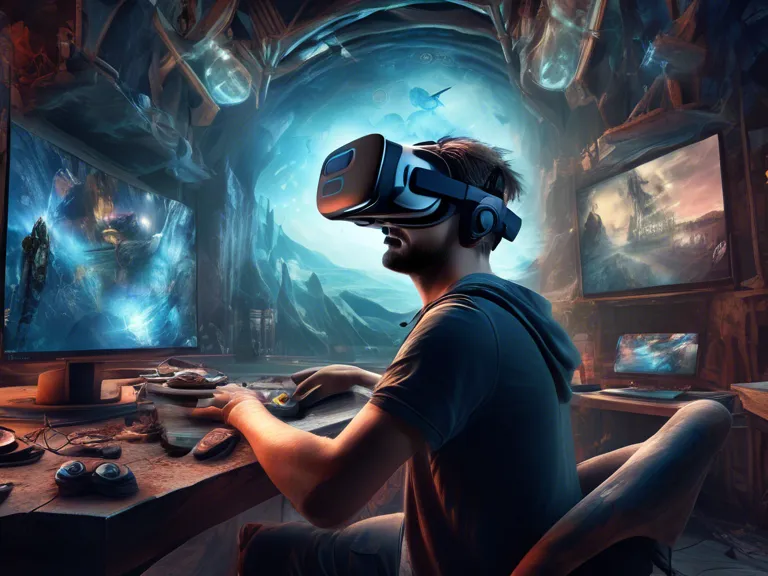
Gaming and Mental Health: The Double-Edged Sword of Digital Play
In recent years, gaming has become a popular pastime for people of all ages. With the rise of mobile gaming, virtual reality, and online multiplayer experiences, more and more individuals are turning to video games as a source of entertainment and relaxation. However, the impact of gaming on mental health is a topic of much debate and concern. While gaming can have positive effects on mental well-being, such as stress relief and cognitive development, it also poses risks for addiction and negative psychological consequences.
The Positive Effects of Gaming on Mental Health
Several studies have shown that gaming can have positive effects on mental health. Playing video games has been linked to improved cognitive skills, such as problem-solving, spatial awareness, and strategic thinking. Additionally, gaming can act as a form of escapism, providing a temporary distraction from the stresses of daily life. For individuals struggling with anxiety or depression, gaming can offer a sense of accomplishment and control, boosting self-esteem and mood.
The Negative Impact of Gaming on Mental Health
While gaming can have benefits for mental health, excessive or compulsive gaming can lead to negative consequences. Gaming addiction is a real concern, with some individuals spending excessive amounts of time and money on gaming to the detriment of their physical and mental well-being. Excessive gaming can also lead to social isolation, poor sleep hygiene, and unhealthy lifestyle habits, all of which can contribute to mental health issues such as depression and anxiety.
Finding Balance in Digital Play
To enjoy the benefits of gaming while minimizing the risks, it is important to find a balance in digital play. Setting limits on gaming time, taking regular breaks, and prioritizing real-life social interactions are essential steps in maintaining a healthy relationship with gaming. Seeking professional help if gaming starts to interfere with daily life or mental well-being is crucial in preventing the negative consequences of gaming addiction.
In conclusion, gaming can be a double-edged sword when it comes to mental health. While it can offer benefits such as stress relief and cognitive enhancement, it also poses risks for addiction and negative psychological effects. Finding a balance in digital play and being mindful of the potential impact of gaming on mental health are key to enjoying gaming in a healthy and positive way.



